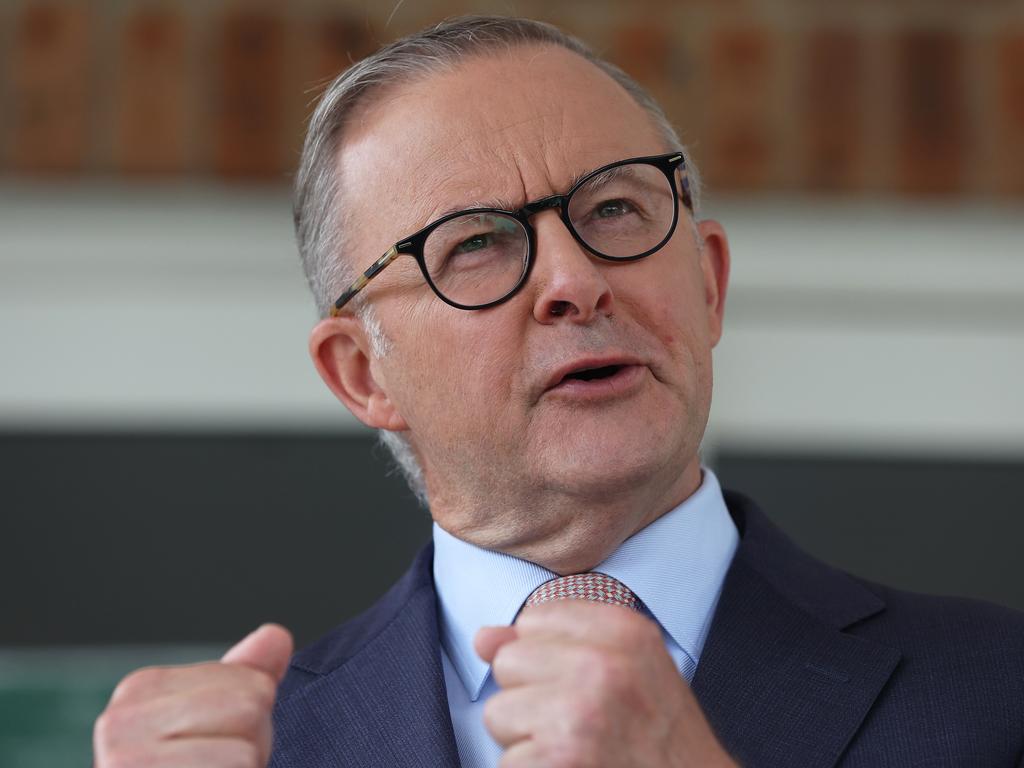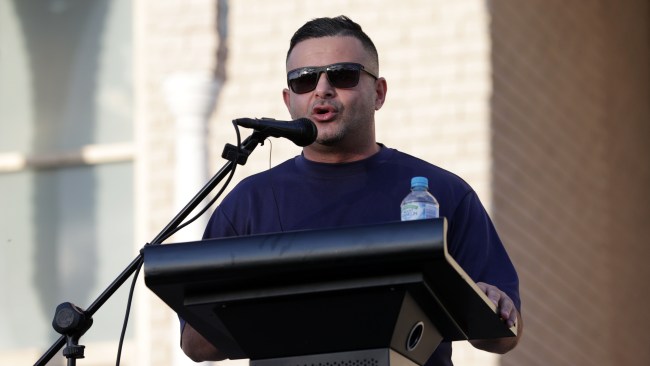Crisis talks over Covid’s long-term jobless
Over 200,000 Australians who took up welfare in first round of lockdowns still reliant on support as industries reel from staff shortages.
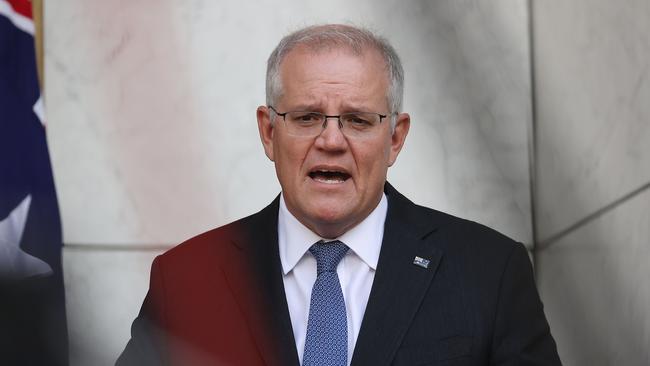
Industry leaders held urgent talks with the federal government over worker shortages after data revealed more than 200,000 Australians who entered the welfare system during the first round of Covid-19 lockdowns remained reliant on taxpayer support.
The meeting on Tuesday was aimed at improving links between employment services providers and businesses that are looking for staff, as key sectors of the economy are crippled by a lack of workers.
As migration and skills loom as major election issues, Scott Morrison on Wednesday urged foreign students and backpackers to “come on down now” to fill shortages in the health, aged care, agriculture, retail, hospitality, food and transport sectors.
The Prime Minister’s decision to waive visa fees for the two classes of migrants – aimed at encouraging 175,000 workers to Australia before the election due by May – sharpens the political contest with Labor over the economic recovery from Covid-19.
Writing in The Australian on Wednesday, Anthony Albanese turned migration into an election issue by declaring Australia was too reliant on overseas workers. The Opposition Leader’s “train locals first” push came a month after the Labor leader refused to back the government’s plan to bring permanent migration back to 160,000 a year.
While defending the Coalition’s record on training Australians, Mr Morrison said an influx of foreign workers was needed to help Australia get through supply chain issues caused by the Omicron variant.
“Come on down now, because you’re wanted to come to Australia,” Mr Morrison said. “We want you to come to Australia and enjoy a holiday here in Australia, move all the way, all the way around the country, and at the same time join our workforce.”
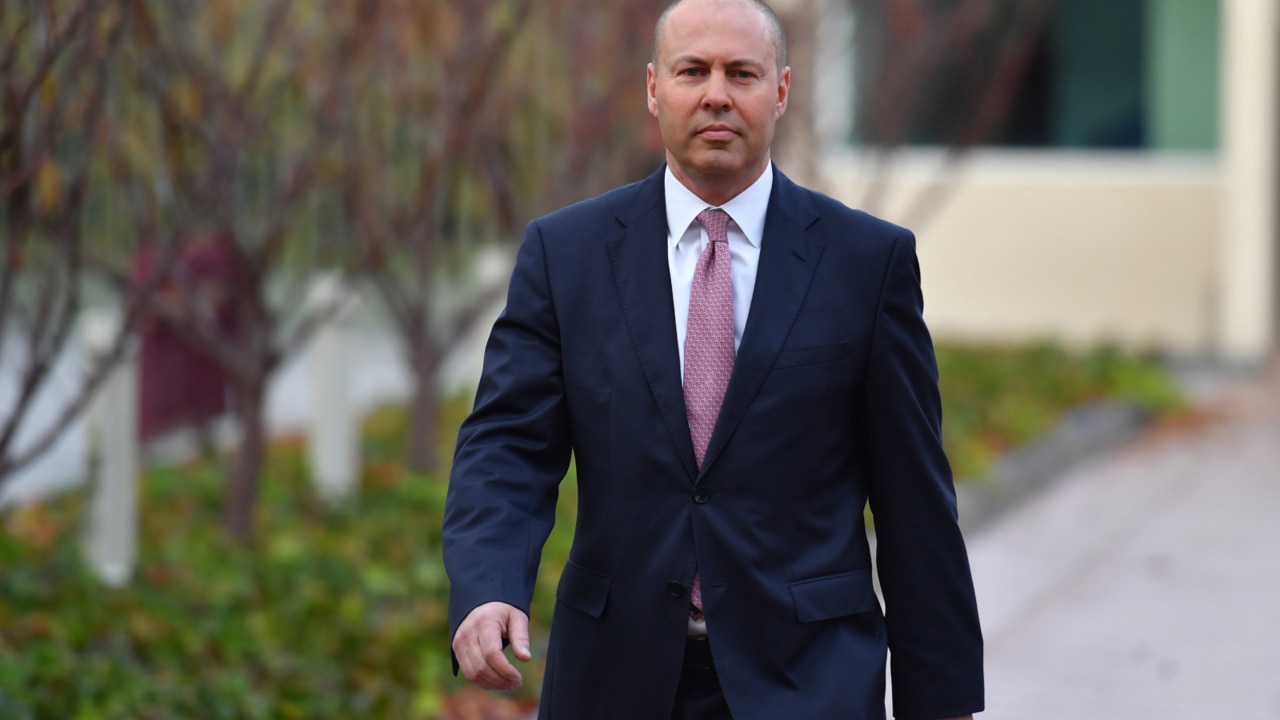
Working holiday-makers will be eligible for a $630 rebate on their visa if they arrive in the next 12 weeks, while students can get a $495 refund if they arrive in the next eight weeks.
The Australian can reveal that nearly 30 per cent of the 713,000 Australians who came on Jobseeker at the height of the lockdown from March to May 2020 remain on government support.
There were 937,638 people on Jobseeker on December 31 as the unemployment rate reached 4.6 per cent.
Social Services Minister Anne Ruston held a virtual roundtable meeting with industry and employment services providers to work at linking JobSeeker recipients with companies that were looking for workers.
Jobs forum
The forum was chaired by small business ombudsman Bruce Billson and included representatives from employer groups including Australian Industry Group, the Australian Chamber of Commerce and Industry, the National Retail Association, the National Farmers Federation and the Council of Small Business Organisations Australia.
Restaurant and Catering Australia chief executive Wes Lambert told the forum there were 40,000 jobs in the hospitality sector that needed to be filled in NSW alone.
Jobs Australia chief executive Debra Cerasa was in the meeting representing non-profit employment service organisations that help jobless find work.
Senator Ruston said it would be a “wasted opportunity if we don’t make the most of the current labour market conditions to help job seekers get back into workforce”.
“We’ve now held a roundtable to help connect business, particularly industry groups which represent small business, with JobSeekers through the JobActive and disability employment services networks,” Senator Ruston said.
“There is a clear willingness and commitment from both groups to work together to help out employers while also giving job seekers genuine work opportunities where it is safe to do so.”
Senator Ruston said some of the jobs would fill short-term shortages that could help people secure longer-term employment opportunities. “Evidence … shows that once a working-age payment recipient reports income they are more than twice as likely to get fully back into the workforce and exit the social security system,” she said.
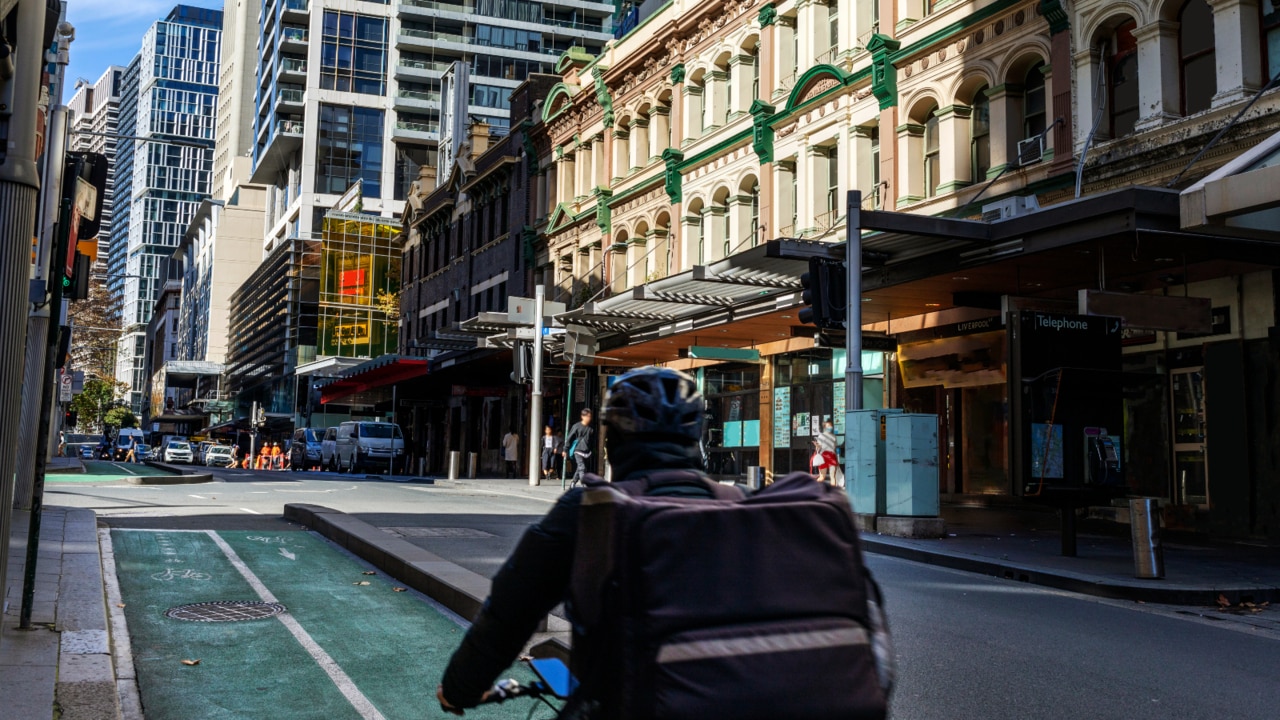
Mr Albanese wrote in The Australian on Wednesday that Australia had relied for too long on temporary migrant workers rather than training locals. “The long-term solution is to train more Australians to meet our own labour needs,” the Labor leader said. “It’s extraordinary that we have a skills shortage at the same time as two million Australians are either unemployed or underemployed.”
Mr Morrison defended the government’s record on reskilling the workforce for the jobs of the future, which would require more specialists in healthcare and the fields of science, technology, engineering and maths.
“On skills and training, $6.4bn this year alone is being spent on skills and training,” the Prime Minister said.
“That is double what it was before the pandemic. We have a record number of apprentices in trade training — over 220,000. That is the highest number since records began in 1963.”
Business leaders have called for the annual permanent migration cap to be increased from 160,000 to between 190,000 and 200,000 in response to labour market pressures. Australian Industry Group chief executive Innes Willox questioned the binary proposition being presented in the skills shortage debate.
He said upskilling workers and using a tailored migration system were integral parts of ensuring the economy had the labour force it needed to function.
“The question of skilling up Australians or bringing in skilled workers from overseas is not an either/or proposition. We need to do both,” Mr Willox said.
“We need to lift our game on education and training but, also, we should not close the door to skilled visa arrivals when so many businesses can’t find the skilled labour they need.”
Mr Willox noted Treasury estimates predicting the population would be 1.5 million smaller by the end of the decade compared with pre-pandemic projections
Business Council president Tim Reed called for a “commonsense” approach to the skills shortage problem plaguing the economy, but noted the necessity of migration programs in ensuring projects were able to proceed. “We welcome the convergence of views that getting access to the right skills will be critical to our recovery,” Mr Reed said. “You can’t employ hundreds of Australians on a construction job if you don’t have a surveyor and you can’t deliver an infrastructure pipeline or digitise the economy without engineers.
“Working migrants are good for business and good for the wider economy.”
Australian Chamber of Commerce and Industry chief executive Andrew McKellar said skilled migration was not a “zero-sum game”, as he called on both parties to use one of the “key levers available” to address labour shortages.
More Coverage
Read related topics:Coronavirus



